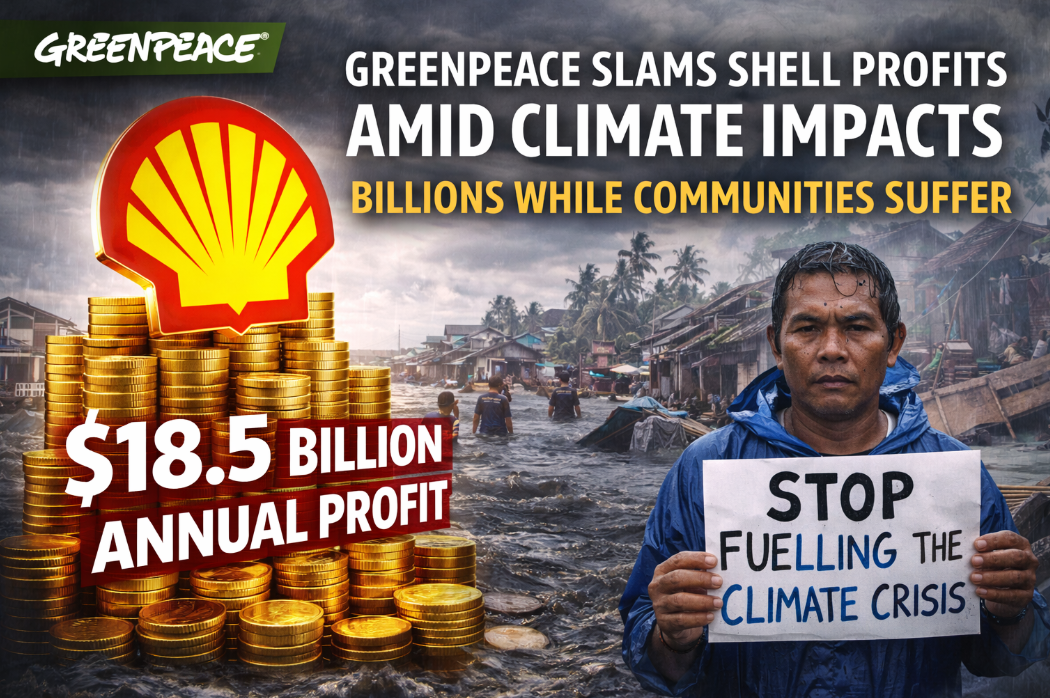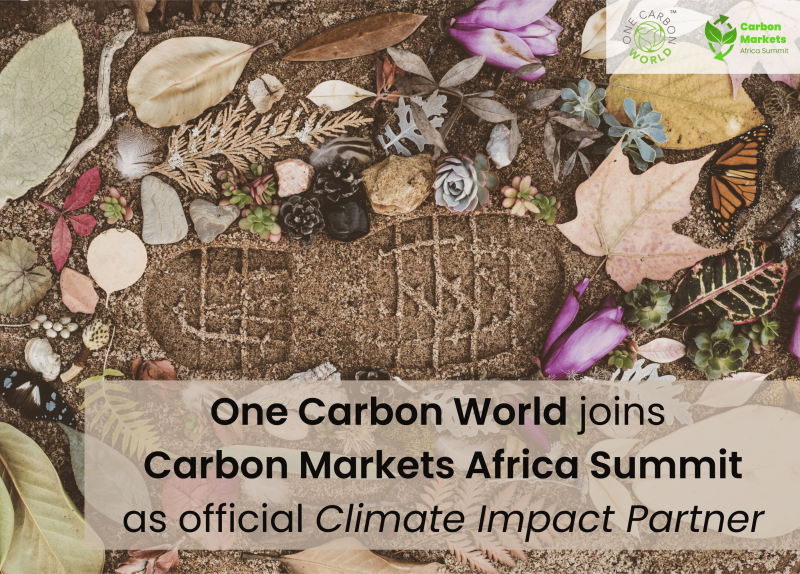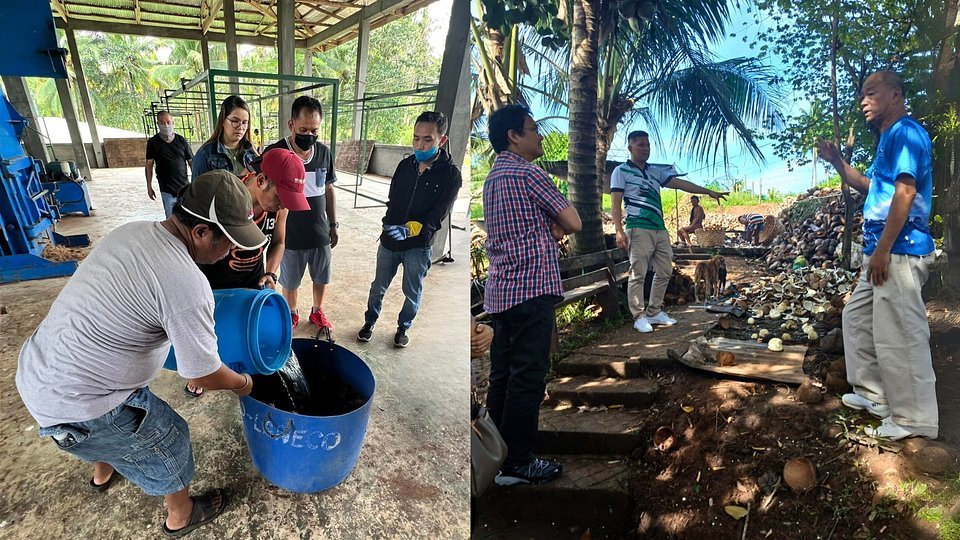Greenpeace Philippines has called out alleged corruption in government flood control projects, estimating that as much as PHP 1.089 trillion in climate-tagged expenditures could have been lost to greed and mismanagement since 2023, including PHP 560 billion in 2025 alone.
The nonprofit’s calculations were presented during a press conference over Zoom, highlighting concerns over billions intended for climate adaptation being siphoned by government officials and contractors.
![Flooded streets in the Philippines illustrate the urgent need for effective climate adaptation projects. [photo credit: Noel Celis | Greenpeace]](https://ecofriendlytip.com/wp-content/uploads/2025/09/GP0SU6A0V-1024x683.jpg)
Flooded streets in the Philippines illustrate the urgent need for effective climate adaptation projects. [photo credit: Noel Celis | Greenpeace]
DPWH projects most vulnerable to corruption
Data from the National Integrated Climate Change Database and Information Exchange System (NICCDIES) shows that in 2025, the Department of Public Works and Highways (DPWH) manages PHP 800 billion of the PHP 1 trillion climate-tagged projects. Approximately PHP 560 billion of this total is potentially vulnerable to corruption. Of the PHP 248 billion earmarked for DPWH flood-related projects in 2025, an estimated PHP 173 billion could be misused.
“A trillion pesos is a staggering, absurd amount, siphoned by avaricious, self-serving officials and contractor corporations from projects meant to help people cope with escalating climate impacts,” said Greenpeace campaigner Jefferson Chua. “This is unacceptable. They’re not just plundering government coffers, they’re also crippling the ability of millions of Filipinos to survive in the face of an escalating climate crisis. Theft of climate funds at such a scale is atrocious, and offenders are akin to climate criminals.”
Climate risks worsened by corruption
Greenpeace warned that corruption and greed are undermining the country’s climate adaptation efforts. Annual floods claim lives, homes, and livelihoods, while causing massive economic losses for local and national governments. Ongoing investigations suggest that billions allocated to protect communities from climate disasters are being diverted to private pockets.
The Philippine government’s available resources are insufficient to cover climate adaptation needs or losses. Between 2010 and 2020, losses and damages from climate disasters amounted to PHP 506.1 billion, while disaster risk reduction and management spending from 2015 to 2022 reached almost PHP 2 trillion. The 2022 World Bank report projects that climate change could cost the Philippines up to 7.6% of GDP by 2030 and 13.6% by 2040.
Calls for accountability and systemic reform
“The corruption scandal puts Filipinos in a hopeless situation: not only is our climate financing woefully inadequate to avoid future losses, but also more than half of what little allocation we have for climate action is potentially being stolen,” Chua said.
Greenpeace urged the government to:
-
Ensure accountability from corrupt officials and contractors
-
End corruption and ensure transparency in government
-
Implement systems for greater public participation and access to government information
-
Safeguard climate funds from misappropriation
Chua added that the Philippine government should seek funding sources that do not further burden citizens, including reparations from climate polluting corporations.
“Alongside this much-needed corruption investigation, President Ferdinand Marcos Jr must also hold the world’s biggest climate polluting corporations accountable: make them stop further fossil fuel extraction and production, and make them pay for losses and damages,” Chua said.

![Greenpeace calls for accountability as Filipinos rebuild after Uwan’s devastation. [photo credit: Jilson Tiu | Greenpeace]](https://ecofriendlytip.com/wp-content/uploads/2025/11/JTIU7946-scaled.jpg)

![Climate activists demand accountability from major fossil fuel companies. [photo credit: Ivan Joeseff Guiwanon | Greenpeace]](https://ecofriendlytip.com/wp-content/uploads/2025/10/Island-008-scaled.jpg)

![Greenpeace banners calling for climate justice [photo credit: Noel Celis | Greenpeace]](https://ecofriendlytip.com/wp-content/uploads/2025/07/NC0012-scaled.jpg)
![The ICJ just gave us a new weapon in the fight for climate justice. Will Marcos act? [photo credit: Noel Celis | Greenpeace]](https://ecofriendlytip.com/wp-content/uploads/2025/07/NC00019-scaled.jpg)
![Floodwaters inundate homes in Eastern Samar following heavy rains from Tropical Storm Crising [photo credit: Jilson Tiu | Greenpeace]](https://ecofriendlytip.com/wp-content/uploads/2025/07/GP0SU6A0D_PressMedia-2500px.jpg)
![Iloilo citizen groups gather to launch the first Community Climate Response Hub in the Philippines [photo credit: Navallasca-Abendan Farmers Advocacy Nafa Facebook]](https://ecofriendlytip.com/wp-content/uploads/2025/07/519668964_2429049577463386_9032562607401811998_n.jpg)
![Activists display a banner calling on President Marcos Jr to demand payments from fossil fuel giants. [photo credit: Greenpeace/Victor Kintanar]](https://ecofriendlytip.com/wp-content/uploads/2025/07/VICK1749-scaled.jpg)




Leave a Reply